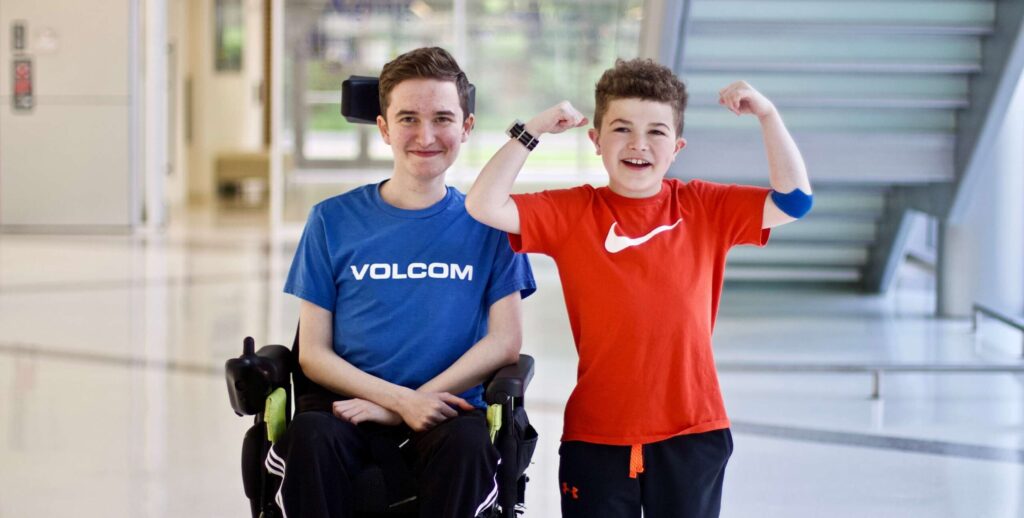Raising a Child with DMD: Daily Routines, Physical Support, and Family Care

Explore how to create supportive routines and adapt your home and parenting style for a child with Duchenne Muscular Dystrophy (DMD).
Supporting Your Child at Home
Creating a safe, accessible, and nurturing environment at home is vital to helping children with DMD live their lives to the fullest.
Home Adaptations
To reduce injury risk and improve independence:
- Install ramps and widen doorways
- Set up a bedroom and bathroom on the ground floor
- Use stairlifts or avoid stairs entirely
- Add non-slip flooring and handrails
Nutrition & Physical Therapy
- Balanced Diet: Manage weight to reduce strain on muscles
- Supplements: Vitamin D and calcium may be advised
- Gentle Physiotherapy: Daily stretching and movement to prevent contractures
Expert Resource: CureDuchenne Care Guidelines
Building a Supportive Daily Routine
- Use structured schedules to help your child feel secure
- Incorporate frequent rest periods
- Choose inclusive activities like adaptive sports
- Encourage use of mobility aids and technology to foster independence
Emotional and Social Development
Children with DMD face emotional challenges. Encouragement and inclusion are critical.
- Work with teachers for IEPs (Individualized Education Plans)
- Support participation in social groups and events
- Teach coping strategies through journaling, art, or therapy
Peer-reviewed article: Improving Quality of Life in Children with DMD
Sibling and Family Support
Caring for a child with DMD impacts the whole family.
- Siblings: Schedule one-on-one time, listen to their concerns
- Parental Self-Care: Prioritize rest, mental health care, and outside support
- Family Counseling: Useful for processing diagnosis and planning the future
Financial and Advocacy Resources
- Government disability programs (e.g., Medicaid Waivers, SSI)
- Non-profits offering grants for equipment
- Advocate for inclusive education and healthcare access
Final Thoughts
Raising a child with Duchenne Muscular Dystrophy requires resilience, love, and informed care. With the right tools, supportive networks, and adaptive strategies, families can build fulfilling lives together.





